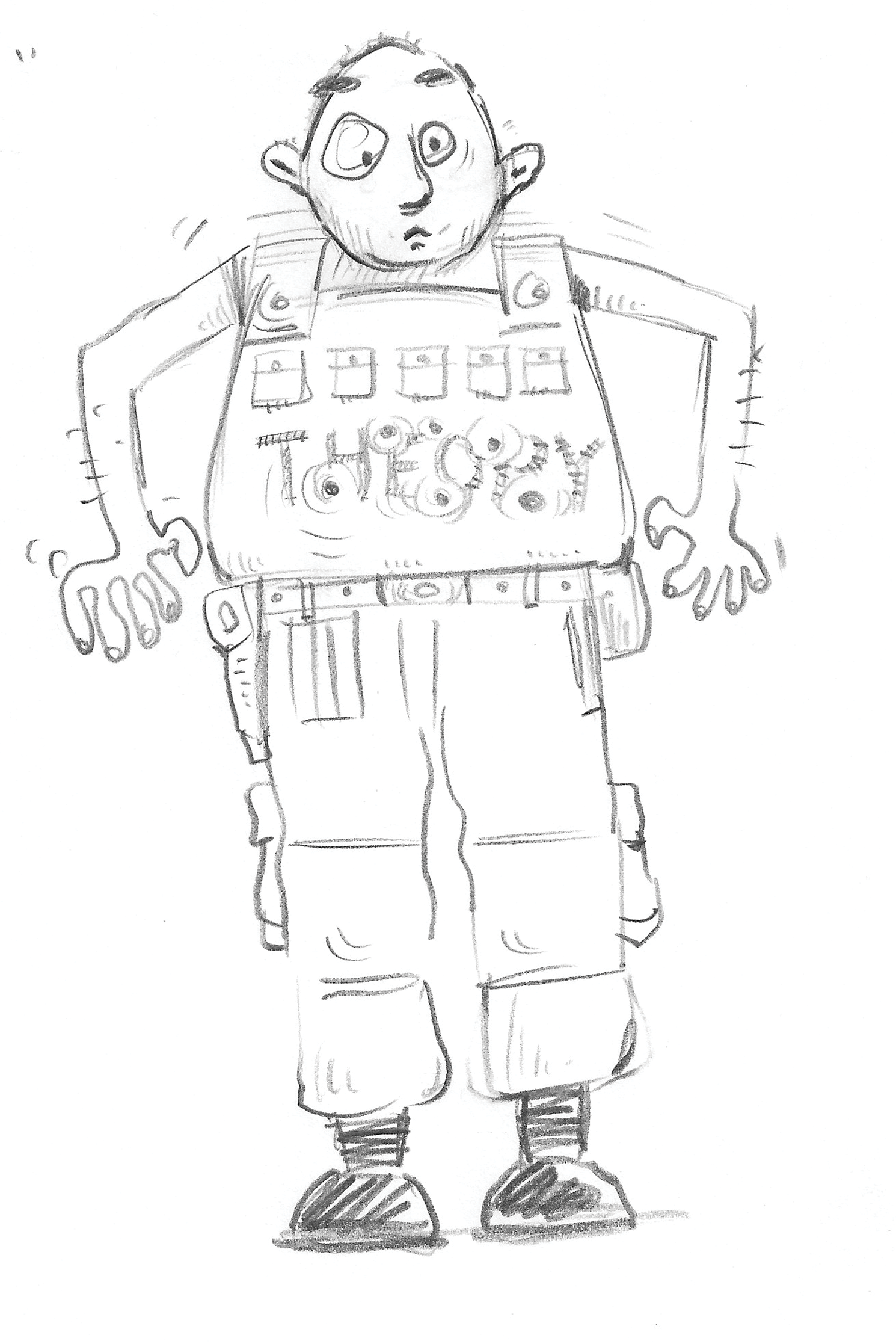The evidence
Metaphorical Therapy is built upon the proven time-tested foundations of Interpersonal Therapy and Cognitive Behaviour Therapy. While it may soon be accepted as a distinct mode of treatment in its own right, it is perhaps best viewed as a powerful innovative new way to turbocharge the delivery of the methods of treatment that are currently the world’s best practice.
Metaphors have proven their power and potential in multiple research studies.
Contemporary linguistics research studies reveal that metaphors have the potential to enhance or perhaps even transform modern psychotherapy.
Over hundreds of thousands of years, our minds have been conditioned to use metaphors as a way to interpret, explain and understand our world. Metaphorical Reasoning is hardwired into us. It is literally the core operating system of the human mind. “It tastes like this.” “It works like that.” “Hard as nails.” “Fast as lightning.” We are born to metaphors. They come to us as naturally as breathing. Most of us master the art of metaphorical reasoning before our second birthday. Happy is up. Sad is down. Good is light. Bad is dark. Metaphors are the language of the heart and our unconscious.
MIT Neuroscientists have established that our brains identify images seen for as little as 13 milliseconds.
Images conjured in the mind by audio stimuli or entering our consciousness via our sense of sight can carry an astonishingly rich payload of metaphorical meaning. The unparalleled power of metaphor stems from our innate ability to begin internalizing the complex meaning carried by an image in less than the blink of a metaphorical eye.
Metaphorical Therapy comprises key elements of thoroughly proven modes of therapy tested by time and supported by substantial bodies of academic research.
The ability of metaphors to carry and convey complex meaning is has been conclusively validated by research. While research into Metaphorical Therapy is in progress, the world’s first complete therapeutic system of expertly interlinked metaphors has already brought help and hope into the hearts and minds of hundreds of patients from all walks of life.
Metaphors We Live By: George Lakoff and Mark Johnson
Lakoff and Johnson’s groundbreaking work has revolutionised cognitive science and become central to the contemporary understanding of how we think and communicate.

Why FBI hostage negotiators are trained to use metaphors.
The Similarity Principle is based on the human truth that we trust people more when we see them as similar to ourselves and metaphors are the key to revealing those similarities. Metaphors are a window into the soul. For the FBI negotiator finite declarative metaphors like; not until hell freezes over, never in a million years, not a snowball’s chance in hell or come hell or high water provide vital insight into a hostage-taker’s state of mind and to their level of commitment.
Similarly, the negotiator can segue from control metaphors like; you’re in the driver’s seat to transformative metaphors like; we need to slow down a little, we don’t want things to get too bumpy, or let’s take a good hard look a little further down the road. We can all get a glimpse into the deepest reaches our own hearts simply by paying careful attention to our language, especially that of our internal dialogue.
Further material
Please review our Privacy Policy to find out how we look after your information.
